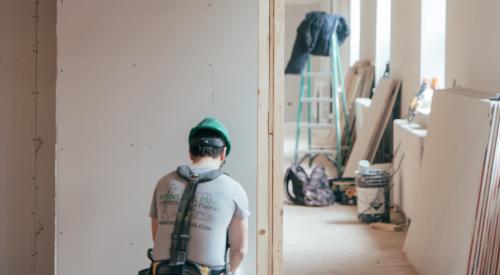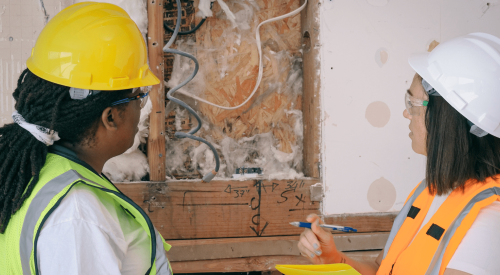New analysis of timesheet data shows that construction workers are working, on average, 39.6 hours a week in 2017, an hour increase from 2015.
TSheets' data analyzing timesheets from more than 12,000 U.S. construction companies show they are adding fewer jobs in 2017 than in 2016, and their employees are working longer hours than at any point since 2014. The construction workforce has increased at a slower rate in 2017 (1.66 percent) than it did in 2016 (2.1 percent). According to the Bureau of Labor Statistics, that’s approximately 113,000 new jobs in 2017 compared to 144,000 in 2016.
“The problem is not a lack of technology that enables capital to be substituted for labor — from the 3-D printing of buildings to robotic bulldozers and the like. The problem is that the industry is not incentivized to adopting this technology. The industry’s cyclicality means that investing in labor-saving machinery is risky because it results in higher fixed costs during downturns. Workers, in contrast, are easier to fire, enabling firms to survive during lean times.”











